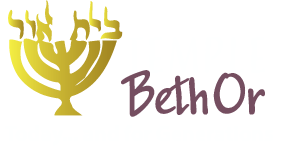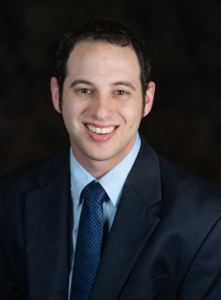Valentine’s Day is not a Jewish Holiday is a song written by Rabbi Joe Black, a musician and rabbi in Colorado. Every once in a while, depending on what CD was in the car, the song would come over the speakers. It always made me smile.
It is true – Valentine’s Day is innately a holiday that is not Jewish; after all, it is named after Saint Valentine of Rome, who lived over 2000 years ago. Valentine was known as a man who would often guide couples through the engagement period until he would officiate their marriage.
There are conflicting stories about who Valentine was, possibly the Bishop of Terni, why exactly he was killed, or what he did to deserve being sentenced. In fact, there are many different Valentines, so it can be hard to distinguish who this holiday is named after.
Nonetheless, the origin of Valentine’s Day may be traced back to an English Poet who often conflates history with people when he combined them in his works. In the 14th century, Geoffrey Chaucer wrote “Parliament of Foules,” connecting a feast in honor of Saint Valentine with the ideas of courtship and love.
And so eventually, Mr. Chaucer convinced those in his circle to re-enact such a feast, leading hundreds of years later to what we now know as Valentine’s Day.
What is so Jewish (or not Jewish) about Valentine’s Day?
First, there is a Jewish holiday of love. Tu B’Av (the 15th Day of the Hebrew month of Av), celebrated this year on August 2, 2023, is known as Hag HaAhavah – the holiday of love. The holiday stems from the beginning of the grape harvest season, which, in the time of the Temple, was marked by women dancing in white dresses in the vineyards in celebration. Following the women, men would also dance in the groves. Maybe a similarity already between such dancing and the courtship that Poet Chaucer talked about in his work.
Should we celebrate Tu B’Av instead of Valentine’s Day?
Well, instead of…how about both, if it suits you. Rabbi Moshe Isserles of Poland, in the 16th century, once wrote of the importance of observing secular traditions if the holidays are rooted in secularism, consistent with Jewish tradition, and not against any moral holdings. There is nothing inherently Christian about today’s Valentine’s Day. There is nothing wrong with sending flowers, cards, or candy; in fact, offering gifts and showing love is appreciated in our Jewish tradition (mishloch manot at Purim, for example)!
Valentine’s Day is not a Jewish holiday, but it isn’t a Christian, Muslim, Hindu, Buddhist or any other religion’s holiday. So this year, when February 14th rolls around, we can celebrate love just like Jews have been doing for thousands of years.

